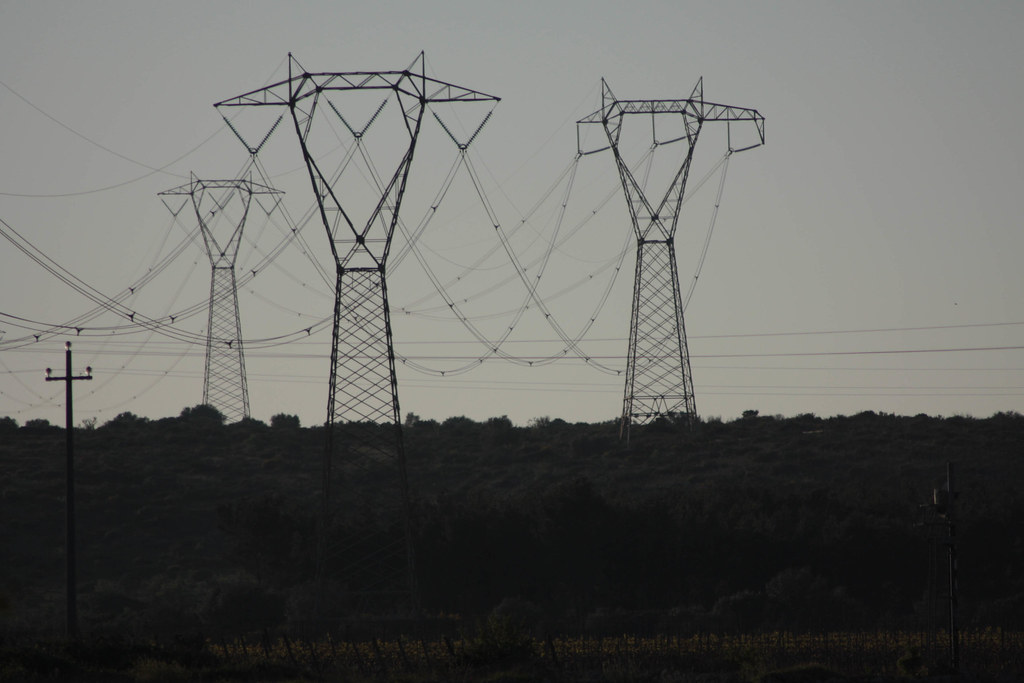More than 8 million people die each year from fossil fuel pollution
- More than 8 million people died in 2018 from fossil fuel pollution, much higher than previous studies had suggested. This is demonstrated by a new study conducted by Harvard University in collaboration with Birmingham University, Leicester University and University College London. According to a study published in the journal Environmental Research, the regions with the highest atmospheric pollution from fossil fuels have the highest mortality rates: East of North America, Europe and Southeast Asia.

The recent study published by Harvard University greatly expands estimates of the number of deaths from air pollution. The previous study "Global Burden of Disease" (the most comprehensive study on the causes of death in the world), which has so far been considered as a reference in this area, estimated that 4.2 million deaths from air pollution occurred in the world, taking into account all air particles, dust and smoke caused by forest fires and burns caused by agriculture. How have Harvard researchers come to double that amount?
The previous investigations were based on satellite observations on the Earth's surface to calculate the average annual global concentrations of PM 2.5 particles. The problem seems to be that these satellite observations cannot distinguish fossil fuel emission particles from those produced by forest fire smoke or other sources. "With the data from satellites you see no more than the puzzle pieces," said Loretta J., from Harvard. Mickley.
Responding to the challenge of polluting separation, John A. of Harvard University. Researchers at the Paulson School of Engineering and Applied Sciences have used the GEOS-Chem, model 3-D for atmospheric chemistry. Using the GEOS-Chem model, researchers have been able to divide the world's earth's crust into small squares of 50 km x 60 km in size and observe the pollution levels of each. Thus, the contamination of the most populated areas has been analysed in more detail, rather than establishing a greater amount of global pollution to these areas.
For the calculation of PM 2.5 particles generated by burning fossil fuels, researchers have used estimates from the GEOS-Chem model and weather data. Once the PM 2.5 concentration of outdoor fossil fuels was calculated, researchers had to know how these pollutants affect human health. Harvard's TH Chan School of Public Health has developed a new risk assessment model to estimate the effects that the concentration level of particles spilled by fossil fuels has on human health.
That is why they have reached such a striking figure in the title: Eight million people worldwide have died from fossil fuel pollution in 2018. "Delving into our research," Harvard University has said, "in the growing evidence that burning fossil fuels is harmful to humanity's health. If we are aware, we cannot continue to rely on fossil fuels, when we know they are so harmful to health and there are more viable and clean alternatives."
Energiaren Nazioarteko Agentziak (IEA) astelehenean argitaratutako txostenaren arabera, %2,2 igo da energia eskaria 2024an aurreko urtearekin alderatuta, besteak beste, egiturazko arrazoi hauengatik: beroari aurre egiteko argindar gehiago erabili beharra, industriaren kontsumoa... [+]
Kutsatzaile kimiko toxikoak hauteman dituzte Iratiko oihaneko liken eta goroldioetan. Ikerketan ondorioztatu dute kutsatzaile horietako batzuk inguruko hiriguneetatik iristen direla, beste batzuk nekazaritzan egiten diren erreketetatik, eta, azkenik, beste batzuk duela zenbait... [+]
Lurrak guri zuhaitzak eman, eta guk lurrari egurra. Egungo bizimoldea bideraezina dela ikusita, Suitzako Alderdi Berdearen gazte adarrak galdeketara deitu ditu herritarrak, “garapen” ekonomikoa planetaren mugen gainetik jarri ala ez erabakitzeko. Izan ere, mundu... [+]
Ur kontaminatua ur mineral eta ur natural gisa saltzen aritu dira urte luzeetan Nestlé eta Sources Alma multinazional frantsesak. Legez kanpoko filtrazioak, iturburuko ura txorrotakoarekin nahasi izana... kontsumitzaileen osagarria bigarren mailan jarri eta bere interes... [+]
Greenpeaceko kideak Dakota Acces oliobidearen aurka protesta egiteagatik auzipetu dituzte eta astelehenean aztertu du salaketa Dakotako auzitegiak. AEBko Greenpeacek gaiaren inguruan jasango duen bigarren epaiketa izango da, lehenengo kasua epaile federal batek bota zuen atzera... [+]





















